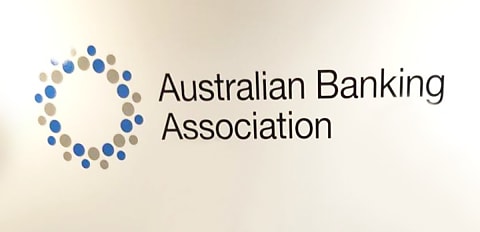An expanded definition for small businesses has been outlined in the new ABA Banking Code of Practice, which will reportedly protect an additional 10,000 across the country.
The code contains almost 200 sections that provide protections and safeguards for customers.
According to ABA, some of the other introductions made in the updated code are:
- New obligations for banks to meet with customers intending to act as guarantor to help them understand their obligations before accepting a guarantee.
- A new vulnerable customer definition, acknowledging anyone can become vulnerable at any time.
- New provisions for managing deceased estates.
- A new commitment to organise or refer customers to free support services such as interpreters, AUSLAN, and National Relay Services.
- Greater clarity on the types of support available to all customers, including financial difficulty options for small businesses.
- An updated section on inclusive and accessible banking that recognises banking services should be inclusive of people with diverse sexual orientations.
The ABA advocates change in the banking sector to better protect consumers. There are 20 banks across the country that are members of the association, including the big four.
According to ABA CEO Anna Bligh, this revamped Code of Practice is aimed at encouraging safe practice and promoting consumer protection among Australia’s largest banks.
“This new rule book is about ensuring that when customers interact with their bank, they are getting the highest level of service and care. It sets new standards and clearer expectations for service, integrity and accountability across the entire banking industry,” said Bligh.
“There is now greater clarity on how banks will support customers facing financial difficulty, including arrangements that can be put in place to help them get back on their feet.”
The latest changes that updated the definition of small businesses will help provide better standards for many more SMEs.
“Strong, harmonious and trusting relationships between financial institutions and small businesses [are] particularly important in a challenging environment. Small businesses are time-poor, are experiencing economic fatigue so these enhanced protections could not come sooner,” said Council of Small Business Organisations Australia CEO Luke Achterstraat.
“Given that one-third of Australian small business owners are born overseas, additional referral support to services such as interpreters is a practical and welcome initiative.”
Helping customers gain access to interpreters was a key focus of the updated code. This will help prevent consumers facing language barriers from being exploited.
South East Community Links head of financial wellbeing Rachna Madaan Bowman welcomed the changes, noting it’s a win for “dignity and respect”.
“For customers where English isn’t their first language – ensuring they can understand what their rights are will allow them to make more informed decisions because the message for them will be in language,” she said.
“Banks are always looking for ways to continuously improve the banking experience for all customers, and this Code is one of the ways to achieve this.
“It strikes the right balance between creating new protections and simplifying parts to ensure it is easier to understand and apply – not only for bank staff, but for customers and their representatives too.”
The updated Banking Code of Practice was recently approved by ASIC. It was developed through consultations with stakeholders, consumers, and regulators.
[Related: New provisions for guarantors included in Banking Code update]

